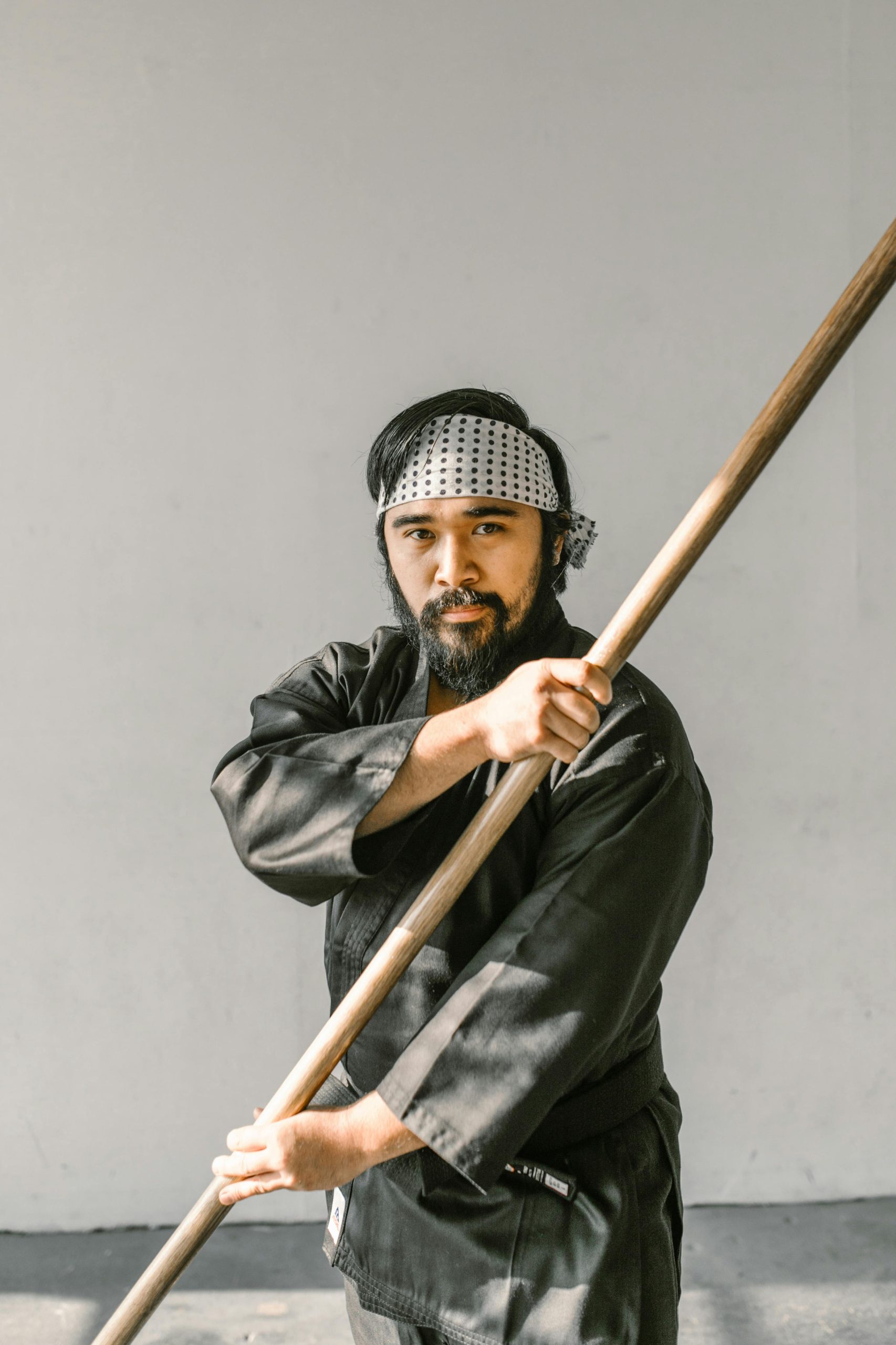Title: The Disturbing Reality of Medical Assistance in Dying: A Personal Narrative
Imagine a scenario where healthcare professionals advocate for you to end your own life simply because you live with a disability. This unsettling concept is not merely a figment of imagination for individuals like Roger Foley, who have bravely shared their experiences. As the dialogue surrounding Medical Assistance in Dying (MAiD) continues to evolve, it forces us to confront some profoundly uncomfortable questions about the value of life and the complexities of patient autonomy.
Roger Foley’s story is a harrowing account that sheds light on the controversial intersection of disability rights and assisted dying legislation. In Canada, where MAiD has been legally implemented, patients with disabilities and chronic illnesses face a unique set of challenges. For many, the option of assisted dying can sometimes feel less like a choice and more like a pressure point—an implication that their lives may hold less value due to their health conditions.
It’s crucial to recognize that discussions around MAiD must center on informed consent and patient agency. While proponents argue that extending this option provides dignity and relief to those suffering from irremediable conditions, the underlying societal attitudes about disability can complicate these choices. When healthcare professionals begin to suggest MAiD as a viable solution, it raises ethical concerns about the message being sent: that life with a disability is less worthy of preservation.
Furthermore, these narratives highlight the pressing need for comprehensive care options that prioritize the well-being and support of individuals living with disabilities. Instead of suggesting that the best way out of suffering is through MAiD, healthcare providers must champion alternatives that allow patients to thrive, offering resources and support systems that enhance their quality of life.
As conversations around legislation like MAiD advance, it is imperative that we not only advocate for the rights of individuals to choose but also to live fulfilling lives. By amplifying voices like Roger Foley’s, we can foster a more nuanced understanding of these complex issues and work towards a healthcare system that values all lives, regardless of ability.
In conclusion, the dialogue surrounding assisted dying must remain sensitive to the unique lived experiences of those with disabilities. As we navigate this challenging terrain, let us ensure that discussions are rooted in empathy and understanding, ultimately steering us towards supportive care that truly respects every person’s right to life.



